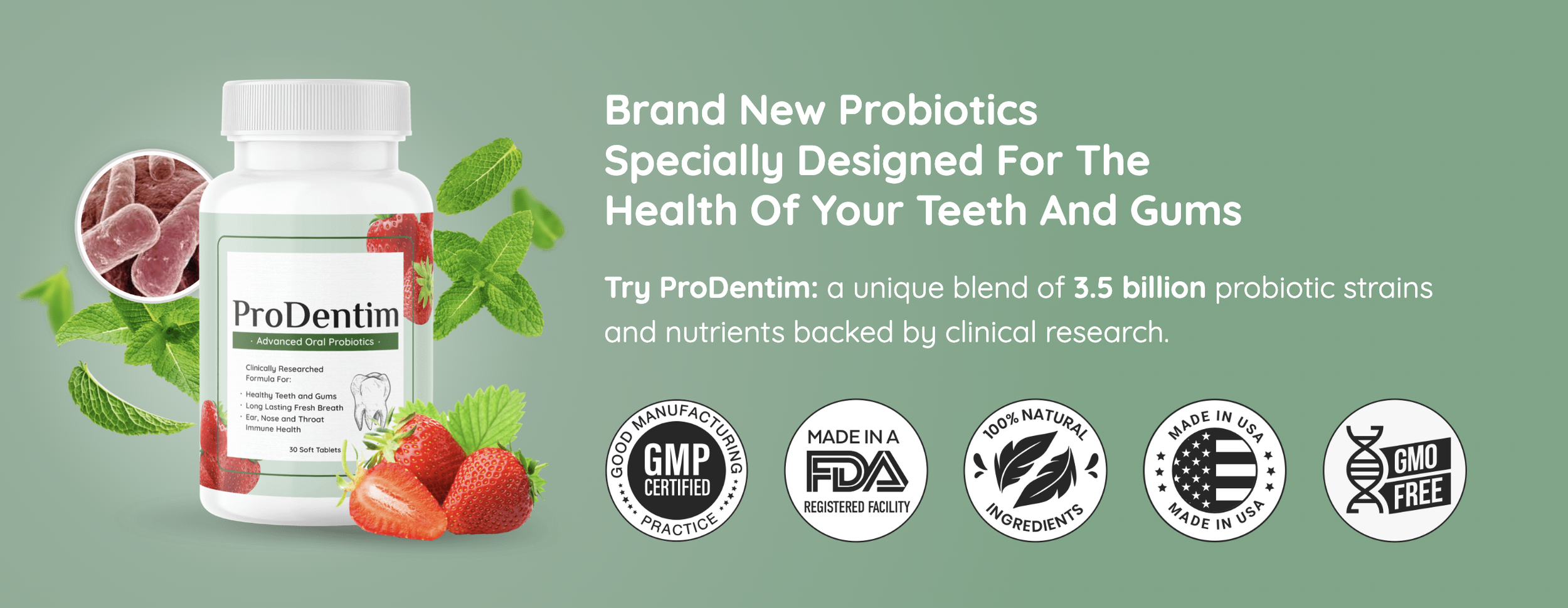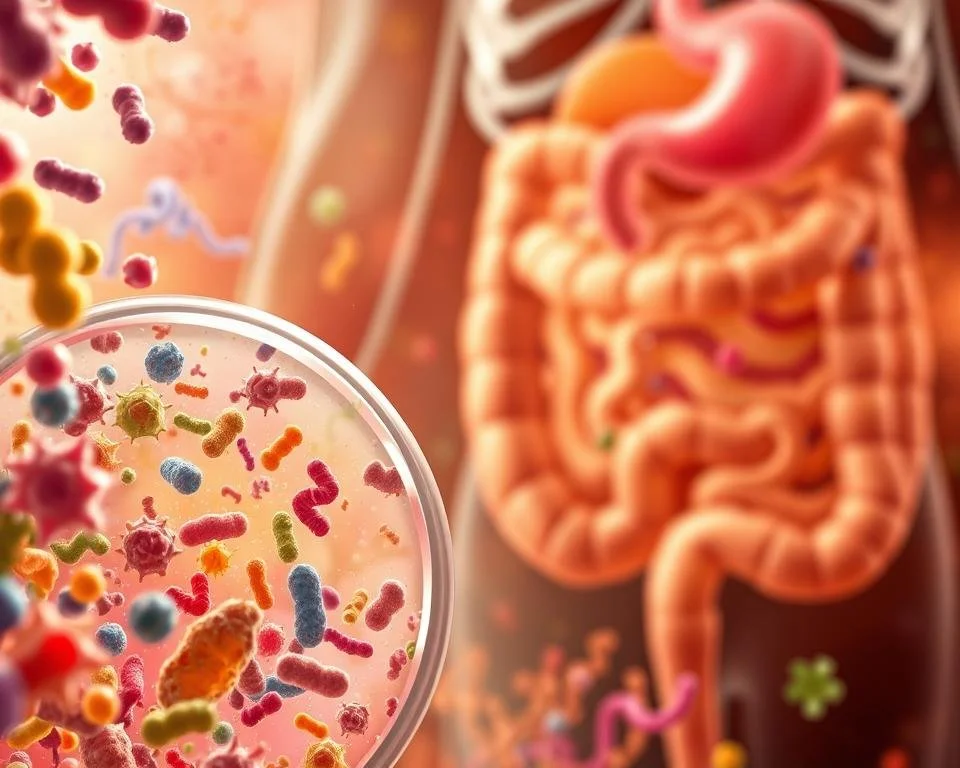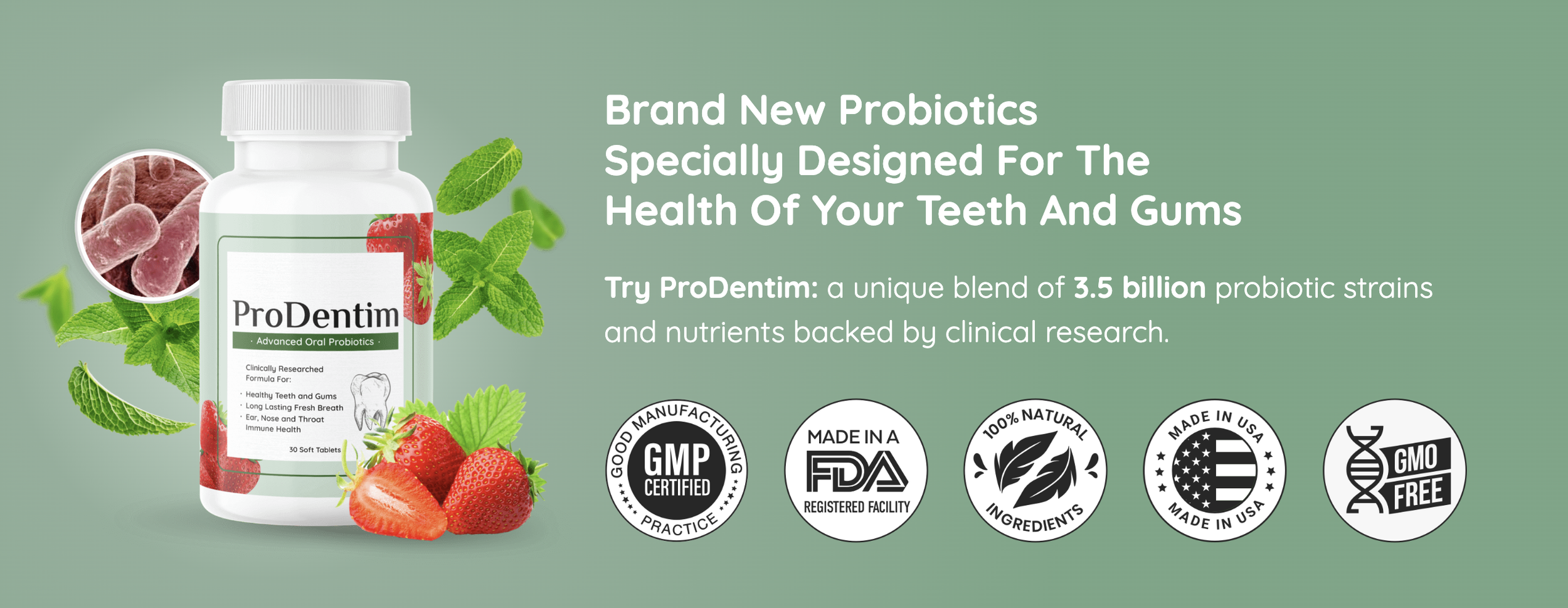The Best Probiotics to Support Digestive Function
As someone who’s experienced firsthand the challenges of maintaining a healthy gut, I can’t emphasize enough the transformative power of quality probiotics. My journey toward better digestion began with understanding the intricate balance of bacteria in my stomach and how probiotics play a crucial role in sustaining that balance.
Probiotics are often referred to as “good” bacteria, and for good reason. They help maintain gut health by ensuring that harmful bacteria don’t overpower the beneficial ones1. A balanced microbiome is essential not just for proper digestion but also for overall well-being, as it influences everything from energy levels to immune function2.
Choosing the right probiotic supplement has been a game-changer for me. By restoring the beneficial bacteria in my stomach, it has significantly improved my digestive function3. Quality matters, and so does the formulation. The right combination of strains and potency can make all the difference in achieving long-term gut health.
As I share my insights and experiences, I’ll also delve into trusted research and practical examples to help you make informed decisions about your own digestive health journey.
Key Takeaways
Probiotics are essential for maintaining a balanced gut microbiome.
A quality probiotic supplement can transform your digestive function.
Beneficial bacteria in your gut support overall health and energy levels.
Choosing the right probiotic strains is crucial for long-term benefits.
Probiotics can help restore gut balance disrupted by various factors.
Introduction to Probiotics and Digestive Health
My journey into the world of probiotics began with a simple realization: the health of my gut was central to my overall well-being. Probiotics, often called "good" bacteria, play a vital role in maintaining a balanced microbiome4. These beneficial microorganisms help ensure that harmful bacteria don't outnumber the good ones, which is crucial for proper digestion and overall health.
Probiotics come in various forms, including dietary supplements and naturally occurring foods like yogurt and kefir. Fermented foods, such as sauerkraut and kimchi, are also rich in probiotics and offer additional nutritional benefits. When combined with prebiotics—non-digestible fibers that feed beneficial bacteria—probiotics can enhance gut health even further5.
Research has shown that probiotics can help restore gut balance, especially after antibiotic use6. They've also been shown to improve conditions like constipation and diarrhea. My personal routine includes both probiotic supplements and probiotic-rich foods, which has made a noticeable difference in my digestive function and overall health.
Understanding the Gut Microbiome and Its Role in Digestion
My personal journey into understanding the gut microbiome began with a fascinating discovery: the trillions of microorganisms living within me play a pivotal role in my overall health. The gut microbiome, a complex ecosystem of bacteria, fungi, and viruses, is home to approximately 40 trillion bacterial cells, outnumbering human cells by about 30 trillion7.
Breaking Down the Gut Microbiome Composition
The gut microbiome is composed of up to 1,000 different species of bacteria, each serving unique functions in maintaining health7. For instance, Bifidobacteria and Lactobacilli are known for their role in fermenting dietary fibers, producing short-chain fatty acids that nourish the gut lining8. This microbial diversity is essential for a balanced ecosystem, and any disruption can lead to conditions like dysbiosis, which is linked to infections, IBD, and even cardiovascular diseases9.
How Digestion Benefits from a Balanced Microbiome
A balanced microbiome is crucial for optimal digestion and nutrient absorption. Beneficial bacteria aid in breaking down complex foods, synthesizing vitamins, and regulating the gut barrier8. Research shows that a diverse microbiome enhances the production of enzymes and acids necessary for proper nutrient absorption7. For example, short-chain fatty acids like butyrate not only energize gut cells but also reduce inflammation8.
My own experience with improving gut health has shown me the positive effects of a balanced microbiome. By incorporating a diet rich in whole grains and fermented foods, I've noticed better digestion and increased energy levels7.
The gut microbiome contains trillions of microorganisms essential for digestion and overall health.
Bacterial diversity is crucial for preventing dysbiosis and related health conditions.
Beneficial bacteria produce short-chain fatty acids that support gut health.
Dietary choices significantly influence the composition and function of the microbiome.
How to Choose the Best Probiotics for Better Digestion
When it comes to selecting a probiotic supplement, it’s essential to consider several key factors to ensure you’re getting a product that truly supports your digestive health. My personal experience has taught me that not all probiotics are created equal, and making the right choice can make a significant difference in how you feel.
Key Factors and Colony-Forming Units
A critical factor to look for in any probiotic supplement is the number of colony-forming units (CFU). Research suggests that a probiotic should contain at least 1 billion CFU per dose to be effective10. Additionally, the specific strains of bacteria in the product play a crucial role. The most researched probiotic genera include Lactobacillus and Bifidobacterium10.
Evaluating the Right Probiotic Strains and Research
When evaluating probiotic supplements, I always look for products that specify the particular strains used and their proven benefits. For example, Lactobacillus rhamnosus and Bifidobacterium lactis have been shown to aid in weight loss and improve digestion11. It’s also important to check if the product indicates the presence of live and active cultures on its packaging, as this ensures the probiotics are viable and effective10.
Another consideration is storage requirements. Many probiotics need to be refrigerated to maintain their potency, and the CFU count can decline over time, making expiration dates important to consider10.
In my experience, comparing different options carefully and reading product labels thoroughly has helped me find high-quality probiotic supplements that deliver real benefits for my digestive health.
Look for at least 1 billion CFU per dose.
Choose products with specific, researched strains.
Ensure the product indicates live and active cultures.
Check storage requirements and expiration dates.
The Role of Probiotic Supplements vs. Fermented Foods
When it comes to supporting gut health, there are two main avenues: probiotic supplements and fermented foods. Each has its unique benefits, and understanding their differences can help you make informed choices for your dietary needs.
Advantages of Probiotic Supplements
Probiotic supplements offer precision and convenience. They contain specific strains and guaranteed potency, ensuring you get a consistent dose of beneficial bacteria12. This is especially useful for targeting specific health goals, like improving digestion or boosting immunity.
Nutritional Benefits of Fermented Foods
Fermented foods, such as kefir and sauerkraut, offer more than just probiotics. They provide essential nutrients, vitamins, and minerals that supplements alone can't match. For instance, kefir is rich in calcium and protein, while sauerkraut is a good source of vitamin C13.
Personally, I combine both options. I take a probiotic supplement for targeted health benefits and include fermented foods in my diet for their nutritional richness. This balanced approach has made a noticeable difference in my overall well-being.
Probiotic supplements provide precise doses and specific strains for targeted health benefits.
Fermented foods offer additional nutrients and dietary variety beyond probiotics.
Incorporating both into your diet can enhance gut health and overall nutrition.
Probiotics’ Health Benefits for Digestion and Gut Function
I’ve personally experienced the profound impact of probiotics on gut health and overall well-being. These beneficial bacteria have been a cornerstone in managing my digestive issues and enhancing my immune system.
Reducing IBS and Antibiotic-Induced Diarrhea
Probiotics have been instrumental in alleviating my IBS symptoms, such as bloating and abdominal pain. Specific strains like Lactobacillus rhamnosus and Bifidobacterium lactis have been shown to reduce the severity of IBS symptoms and prevent antibiotic-induced diarrhea14. By restoring the balance of gut bacteria, these probiotics create an environment where harmful bacteria struggle to thrive.
Boosting Immune Function and Overall Wellbeing
Probiotics play a crucial role in immune function. Since up to 80% of immune cells reside in the gut, enhancing beneficial bacteria can significantly improve both local and systemic immunity14. This boost helps the body fend off infections more effectively, contributing to overall health and wellbeing.
Probiotics alleviate IBS symptoms and reduce antibiotic-induced diarrhea.
Specific strains enhance gut balance and prevent harmful bacterial overgrowth.
Probiotics boost immune function, improving the body’s ability to fight infections.
Potential Side Effects and Considerations When Taking Probiotics
Like any supplement, probiotics can have side effects, though they are generally mild and short-lived. When I first started taking probiotics, I experienced bloating and gas, which were uncomfortable but temporary.
Common Side Effects Such as Bloating and Gas
These initial symptoms are often a sign that your gut microbiome is adjusting to the new bacteria. Studies show that such side effects typically subside within a few days to weeks15.
To minimize discomfort, I found it helpful to gradually increase my dosage. Starting with a small amount allowed my system to adapt without severe reactions.
It's important to monitor your body's response. If symptoms persist, consulting a healthcare professional can provide personalized advice. This approach helped me manage any temporary issues effectively.
Understanding these common side effects has given me confidence in continuing my probiotic regimen. Proper usage and care usually resolve issues quickly, making the benefits well worth the initial discomfort.
Temporary bloating and gas are common when starting probiotics.
Side effects typically resolve within a few days to weeks.
Gradual dosage increase can minimize initial discomfort.
Consult a healthcare professional for persistent symptoms.
Conclusion
My journey with probiotics has been nothing short of transformative, reshaping how I approach gut health and overall well-being. By combining high-quality probiotic supplements with a diet rich in probiotic-rich foods like kefir and sauerkraut, I’ve experienced sustained improvements in my digestive function and energy levels.
Research underscores the importance of maintaining a balanced gut microbiome, with studies showing that probiotics can reduce the risk of conditions like irritable bowel syndrome and antibiotic-induced diarrhea16. Consistency is key; over time, probiotics have been shown to enhance gut balance and boost immune function17.
To integrate probiotics into your lifestyle, consider starting with small doses to minimize initial side effects like bloating. Pairing them with prebiotics and a healthy diet can amplify their benefits, supporting long-term gut health. Remember, the right strains and consistent use are essential for addressing specific conditions like IBS.
In conclusion, embracing a balanced approach with trusted, research-backed probiotics and nutrient-rich foods can lead to lasting improvements in your gut health and overall well-being.
FAQ
What are probiotics and how do they support gut health?
Probiotics are live, beneficial bacteria that help maintain a balanced gut microbiome. They can aid in digestion, reduce symptoms of irritable bowel syndrome, and support immune function. Probiotic supplements or foods like kefir and sauerkraut can introduce these beneficial bacteria into your system.
Can probiotics help with irritable bowel syndrome (IBS)?
Yes, certain probiotic strains may help alleviate IBS symptoms like bloating and gas. Research suggests that specific strains can improve gut microbiome balance, though results may vary depending on the individual and the type of probiotic used.
What is the difference between prebiotics and probiotics?
Probiotics are live bacteria that directly populate the gut, while prebiotics are non-digestible fibers that feed beneficial bacteria, helping them thrive. Together, they create a symbiotic relationship that supports gut health.
How long does it take to notice the benefits of probiotics?
The effects of probiotics can vary. Some people may experience improvements in digestion or reduced bloating within a few days, while others may need several weeks to notice significant benefits. Consistency is key for optimal results.
Are there any side effects of taking probiotics?
Common side effects include temporary bloating or gas, especially when first starting. These symptoms typically subside as your body adjusts. If you have a compromised immune system or a serious medical condition, consult a healthcare provider before starting probiotics.
Can I get enough probiotics from food alone?
Yes, fermented foods like yogurt, kefir, sauerkraut, and kimchi are excellent sources of probiotics. However, if you have a specific condition or need a higher concentration of certain strains, a probiotic supplement may be more effective.
How do I choose the right probiotic supplement for my needs?
Look for products with strains that target your specific health concerns. Check the CFU (colony-forming units) to ensure potency and choose a product with a clear expiration date to guarantee viability.
Can probiotics help with antibiotic-induced diarrhea?
Yes, probiotics may help restore the balance of gut bacteria disrupted by antibiotics, potentially reducing the incidence of antibiotic-induced diarrhea. However, always consult your healthcare provider before starting any new supplement.
Are all probiotic strains the same?
No, different strains of probiotics have varying effects on the body. Some strains are more effective for gut health, while others may support immune function or reduce inflammation. Research the specific strain to ensure it aligns with your health goals.
Can probiotics interact with medications?
In rare cases, probiotics may interact with certain medications, particularly immunosuppressants. Always consult your healthcare provider before starting probiotics if you are on medication or have a serious health condition.





